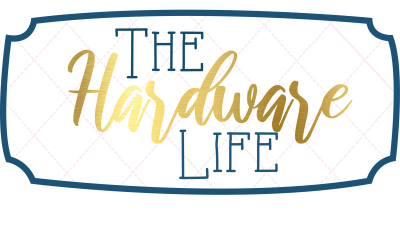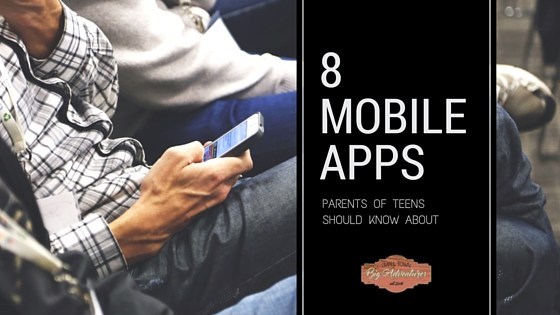This blog post is written by one of my life characters and good friends, Jill! She is a math teacher, turned tech teaching guru who just moved to the PE department this year to spice things up! Her tech teaching knowledge adds spice to the classroom! Thanks, Jill!
With summer right around the corner, many teens will have time on their hands. If yours is like most, their face will be planted in their phone. As a technology teacher, part of my job is to educate students on appropriate uses of the internet and social media. To be able to do this effectively, I have to be somewhat knowledgeable about what teens are doing. Unfortunately, as our society becomes more connected digitally, it is, in turn becoming more disconnected socially. Many of these so -called “social media” tools cause me great alarm. Today I want to share 8 mobile apps parents of teens should know about.
8 Mobile Apps Parents of Teens Should Know About
- Audio Manager (Android) – upon first look it appears this app simply manages your teen’s music when in reality it hides sensitive photos and videos from your teens photo gallery and is protected with a PIN number. Once the PIN is entered, you have access to this hidden gallery.
- Calculator% – this deceptive app is much like Audio Manager. It looks and acts like a calculator until the right combination of keystrokes are entered then it switches to a hidden gallery where your teen can keep photos, videos and messages from your eyes.
- Vaulty(Android) or Vault (Apple) – This free app allows your teen to hide photos and videos in a password protected “vault”. What is really disturbing about this app is the free online backup capabilities on the “cloud”. How secure is this service?
- SnapChat – I’m guessing if you have a teenager, you have heard of SnapChat. SnapChat is one of the most downloaded social media apps today and in my opinion, not only can be used as a predator app but also a bullying app. Photos that are sent, self-destruct within a few seconds, in theory, but many of these “Snaps” are saved by the receiver simply by taking a screenshot. Screenshots are then used to post “revenge” porn, called “snap porn” or they are passed around digitally.
- Kik – This instant messaging app is particularly disturbing because users only need to set a username to start chatting anonymously with other Kik users. That means that anyone can send your teen messages, images, and videos anonymously. Not only does this make it a potential predator app, it fits the bill as a bullying app as well.
- Omegle – This is a very dangerous texting/video chat app. The apps slogan is “Flirt with Strangers” if that doesn’t strike fear into the minds of parents, I don’t know what does. Users do not register to use it making it completely anonymous. They are simply identified as “You” and “Stranger.” Parents, if your teens device has this app installed on it, delete it. Our friends at Common Sense Media say this “Parents need to know that Omegle is an anonymous chat client with which users discuss anything they’d like. This can easily result in conversations that are filled with explicit sexual content, lewd language, and references to drugs, alcohol, and violence. Many users ask for personal data upfront, including location, age, and gender, something kids might supply (not realizing they don’t have to). Adults wishing to chat anonymously may find use in this app, but kids should be kept far away.”
- Tinder- the name itself should cause alarm. This app is a “hook-up” app where users can anonymously swipe right to like another user or swipe left to pass. If another user “likes” you back, then it’s a match. The app uses the device’s GPS to navigate users to “hook-up” locations. Tinder recently made the news locally when a Lawrence college student was abducted and beaten for over a week after “hooking-up” with another Tinder user.
- YikYak – this app was created by and for college students. In fact, the description in the app store states users must be 18 years old to download and use it. Of course, this is useless, anyone of any age can download the app. Once again, it is particularly alarming because 200 word posts or “Yaks” are done anonymously and can be seen by anyone in a Herd (group of other users within a 1.5 mile radius). The makers themselves have recently changed the app; if it is within a certain distance of a middle or high school it becomes disabled until it is no longer within a “geofenced’ location, it becomes active again. This is their way of combatting bullying. As if on school property is the only place this happens. That in itself is good enough reason for teens NOT to use it.
The biggest advice I can give parents is to search Google frequently and be aware of the thousands of new apps being developed that have the potential to put your teen in danger. For each app I covered, there are hundreds more just like them. Be diligent, check their devices often and don’t be afraid to talk to them about the dangers that each one can have.















